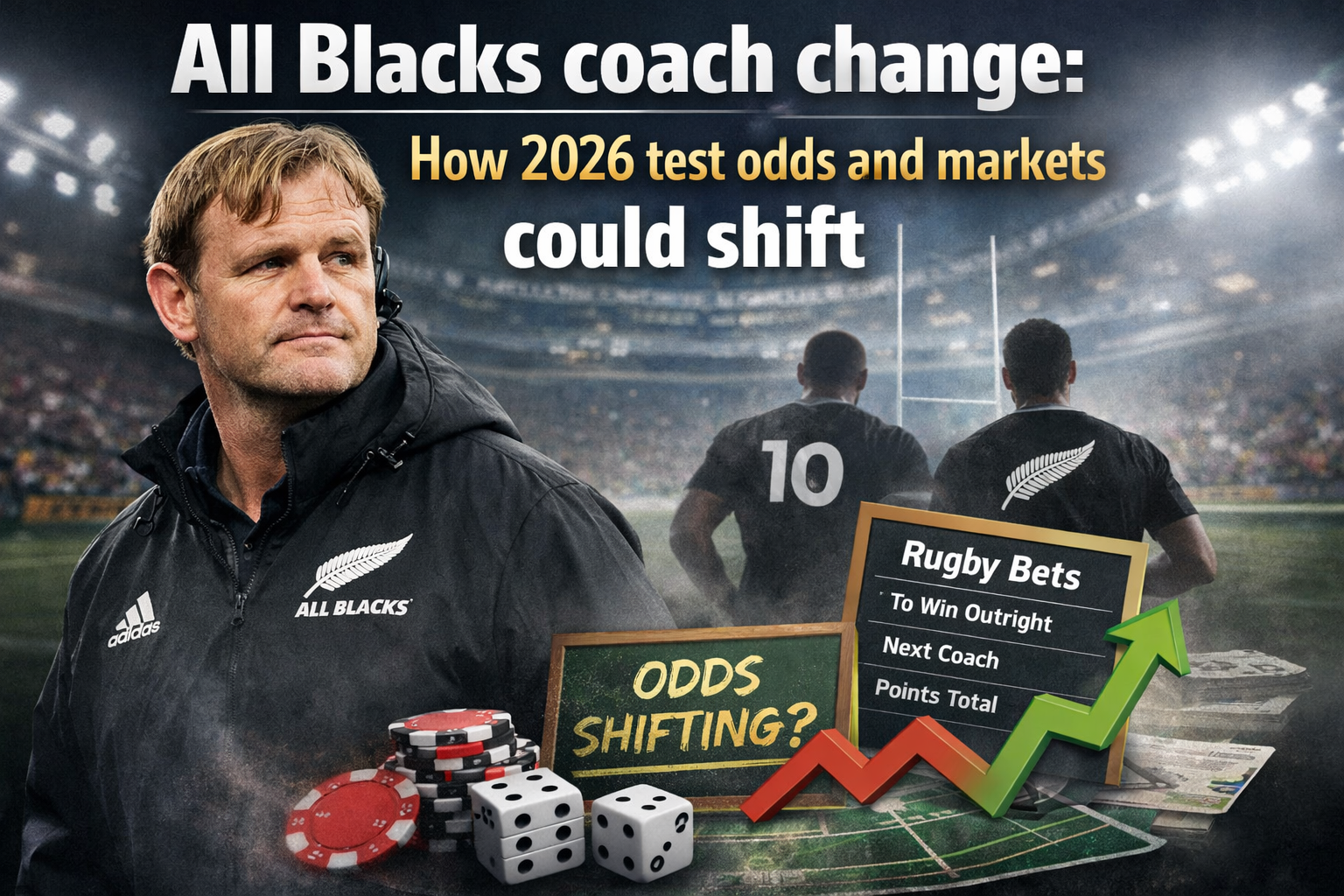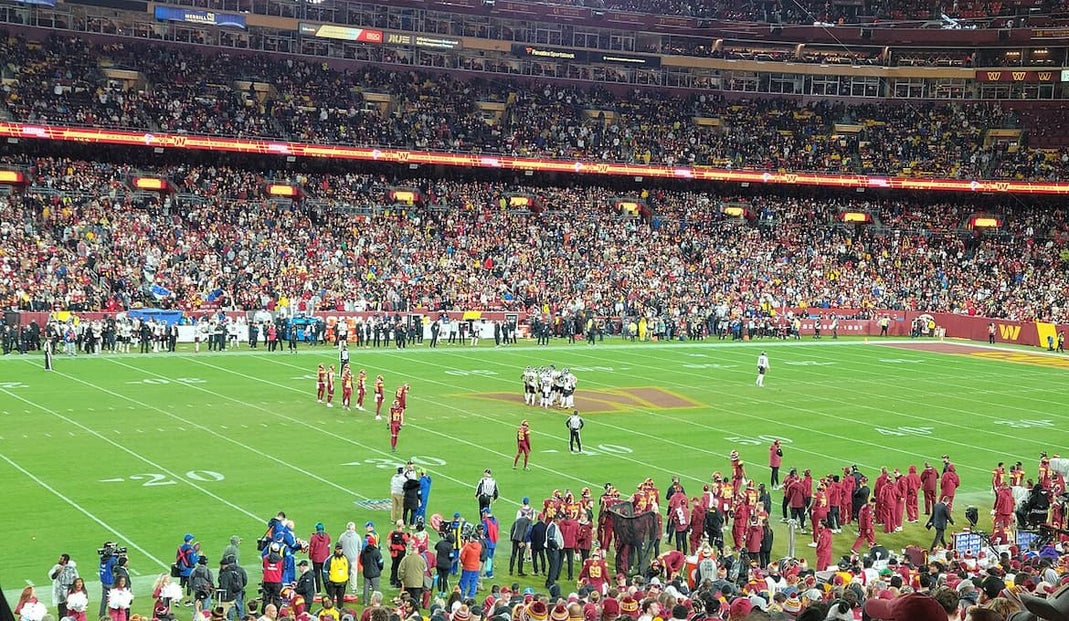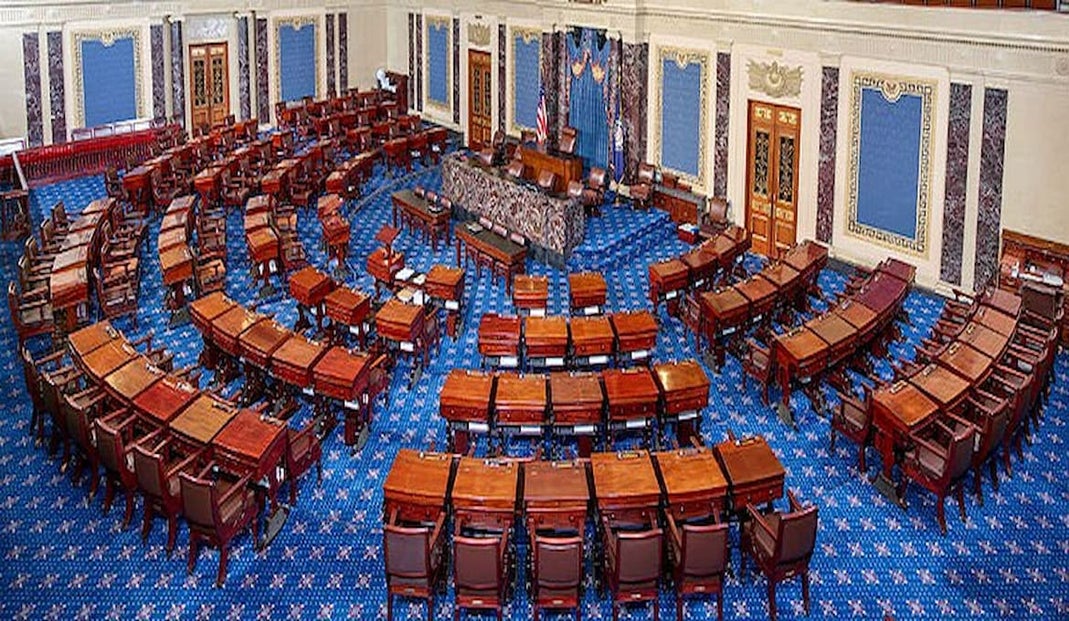Will Recommendations Sway Lawmakers?
While public support for legalizing sports betting remains strong in Georgia, legislative deadlock has been too much to overcome. Moral concerns over gambling, as well as the dangers of addiction, have dominated conversations. This has led to the many attempts to legalize the industry failing, dampening hopes that it will happen any time soon.
The hope is that the new committee can provide updated information that will help garner more support from lawmakers. This will likely include things like revenue projections, problem gambling estimates, and the number of residents who are already gambling.
Industry Gained Momentum in 2025
While it's unlikely that Georgia will launch sports betting before 2027, industry proponents have reason to be hopeful.
In the state’s last legislative session, a pair of sports betting bills were introduced into the House. One would have created a regulated market, while the other proposed a constitutional amendment that would allow voters to decide on the issue. While both bills failed to get a floor vote before the session ended, lawmakers said the reason was mainly due to them being filed late.
While no official vote was held, it seems that the last pair of sports betting bills had garnered more support than past attempts. With another round of bills expected to be introduced earlier in the next legislative session, proponents hope that they can build on that momentum.
Pressure on Lawmakers Increasing Fast
While public support for legalizing sports betting has been strong in Georgia, lawmakers are now feeling increased pressure from two other sources.
The first source involves Georgia residents finding alternative ways to bet on sports. This includes crossing state lines or using offshore sportsbooks to place wagers. This not only costs the state potential for tax revenue, but also significantly increases the risk of problem gambling.
The other source is the emergence of sports prediction markets. While their legal status is being challenged in federal courts around the US, these platforms offer a form of sports betting without being classified as gambling. This allows them to operate in states like Georgia, despite their objections. This increases the risk for problem gambling and could lead to any future regulated sports betting market seeing far less revenue than expected.




































